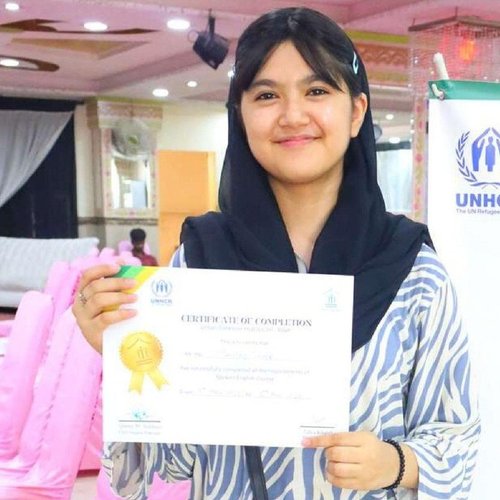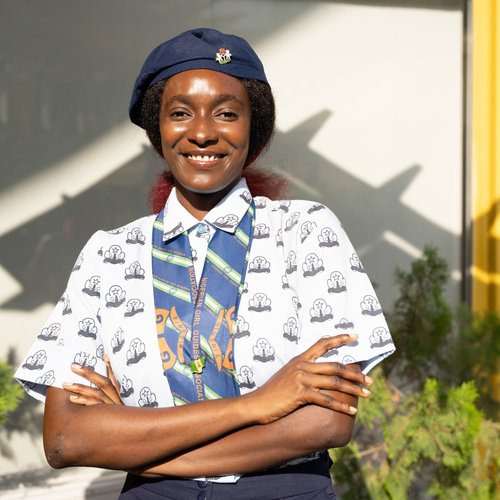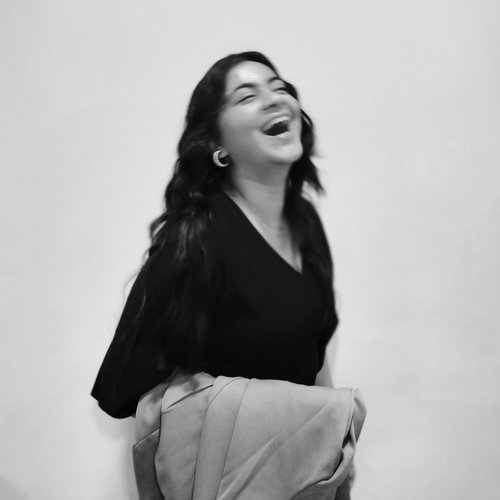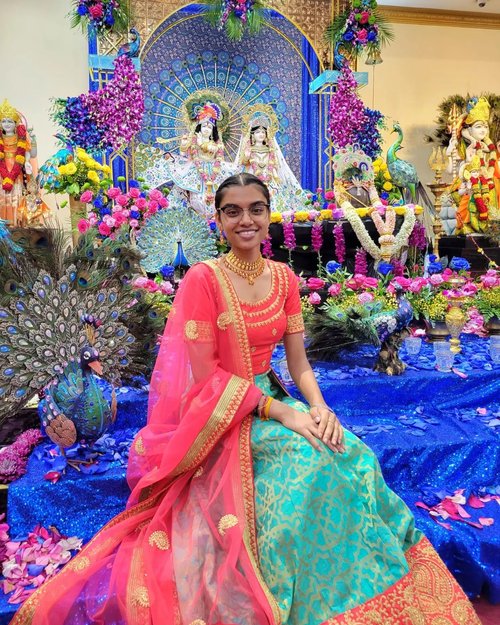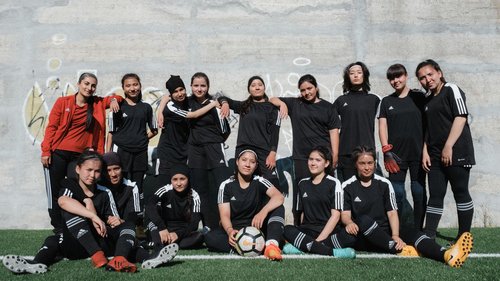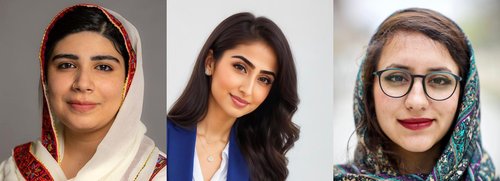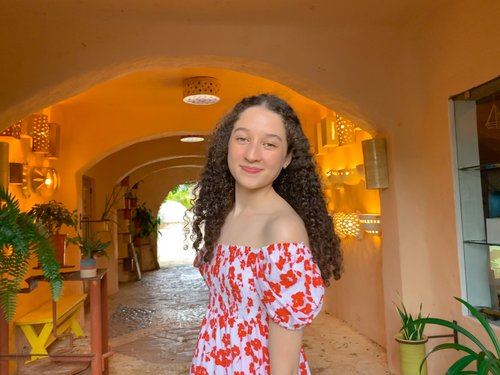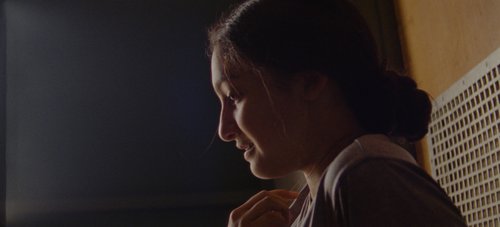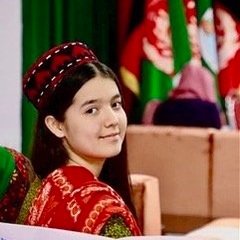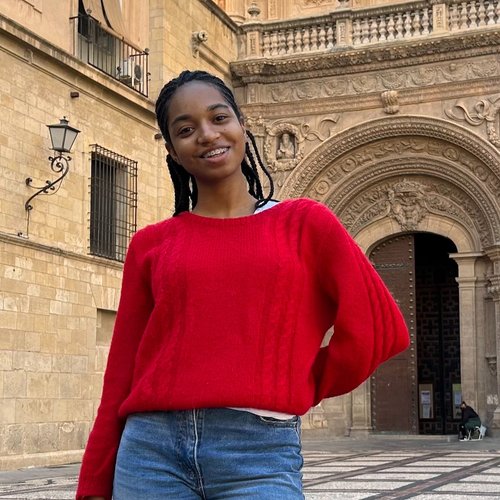24-year-old Halima Yusuf reflects on how her mother’s story of being taken out of school inspired her to pursue her education and is the reflection of the realities of many girls in Nigeria today. When girls are excluded from decision-making tables where their lives are shaped, they suffer. This piece is expanded from Halima’s address to Nigerian policymakers at a Malala Fund Nigeria organised an International Day of the Girl event in Abuja last week.
Nadia reflects on what it meant to be a first-generation college graduate as a daughter of Sudanese refugees.
Malala makes it an annual tradition to meet girls all around the world on her birthday. This year, she visited Harrow High, a secondary school in London, to speak to Afghan girls about their journey to the U.K. and their hopes for girls in Afghanistan. The girls and their classmates also brainstormed ways to support Afghan girls who have been banned from school for more than 1,000 days. Meet three girls who shared their stories at this year’s Malala Day event.
Amina*, a 15-year-old Afghan student, interviews her dad about his role in her education, their hopes for Afghan girls’ future and what Father’s Day means in a country where girls cannot attend secondary school.
14-year-old Dilawaiz writes about how the gift of a bicycle led her on a transformative journey of resilience and empowerment.
14-year-old Mahtab reflects on the generosity of people in Pakistan towards her and other families from Afghanistan seeking refuge.
18-year-old Sara interviews authors Karimot and Zulaikha on their writing for social change and their focus on youth — “If we're really trying to change the way people think and see the world, then young people are the biggest key to that.”
22-year-old Deborah Evbotokhai knows all too well the obstacles that impact young women in Nigeria. She writes about how her advocacy led her to champion girls’ education through the Nigerian Girls Guides Association.
کاویہ کاڈیا ایک نوجوان پاکستانی خاتون محقق کے ساتھ اپنی اتفاقی ملاقات کا احوال بیان کرتی ہیں جس نے ان کے سائنسی تحقیق، کمیونٹی اور خواتین کو بااختیار بنانے سے متعلق نظریات تبدیل کر کے رکھ دیے۔
Kavya Kadia reflects on how a chance encounter with a young Pakistani researcher changed her outlook on scientific research, community, and women’s empowerment.
17-year-old Bhumika Ashwar writes about the barriers to education Guyanese women face and how she’s championing girls’ education on the ground through her advocacy.
25-year-old Afghan artist Sara Rahmani uses her art to draw attention to the plight and courage of Afghan women
The Afghan youth team is at the center of a new documentary reflecting on their 2021 evacuation, prepping for their first Youth World Cup, and their hopes for the future of Afghan girls.
Pashtana Durrani, Axana Soltan, and Freshta Karim are at the forefront of alternative learning initiatives for Afghan youth in the face of the girls’ ban on secondary education.
20-year-old Maria writes about her first time in a curly hair salon and how it helped her confront the colonial history and stigma surrounding hair textures in the Dominican Republic.
15-year-old Ahtyirahm Allen, writes about how her Ihuk ceremony, a coming-of-age tradition for young women, helped her gain a sense of power through her indigenous identity and embrace her power as a woman.
17-year-old activist Muzhda Akbari writes about growing up in Afghanistan and her hopes for the future.
17-year-old student Sara Bonaparte writes about racism in Italy and its impact on her identity as a mixed-race young woman.
18-year-old student Chiara Longo writes about facing discrimination for hearing loss and what she wishes people knew.
17-year-old Mexican student María Fernanda writes about recovering from an eating disorder.






